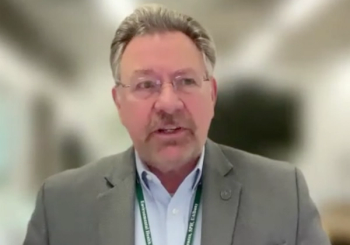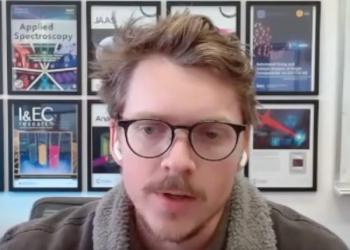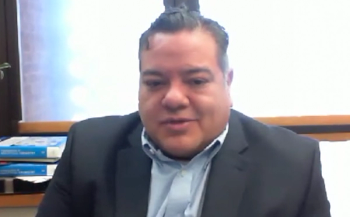
75 Years of Analytical Science at Pittcon
Pittcon highlighted how analytical scientists are exchanging research to tackle some of the world’s most pressing problems.
When Omowunmi Sadik, distinguished professor and chair at the New Jersey Institute of Technology, took the stage for her Wallace H. Coulter Lecture at Pittcon 2024 in San Diego, California, she asked the audience how many of them were working on solving complex problems related to per- and polyfluoroalkyl substances (PFAS).
While Sadik didn’t get a count, there’s a good chance that many of the scientists who traveled to this year’s Pittcon are at least thinking about the lasting impacts that forever chemicals will have on the environment and human health over the next decade.
The questions surrounding PFAS for analytical scientists, in particular, are interesting, Sadik said. After all, it was chemists who figured out that the carbon-fluorine bond was one of the strongest found in nature—making it ideal for many uses from nonstick cookware to cleaning products and food packaging. Now scientists are tirelessly working together to find alternatives to, and better tests for, these same chemicals. A quick glance at the technical program indicates that more than 20 of the sessions at the conference this year were about PFAS. One of the final symposiums of the week,
Pittcon has always been about connecting scientists from all over the world and facilitating an exchange of research—particularly when it comes to the most pressing issues impacting our world, such as PFAS. This year speakers also covered forensic analysis, artificial intelligence, biopharmaceuticals, and much more. The conference celebrated its 75th anniversary with the 2024 edition, and many attendees reminisced about Pittcon’s past—fondly remembering nights out celebrating at the Pittcon party or awards lectures recognizing colleagues.
This year, Philip J. Wyatt, the founder of Wyatt Technology, won the
Scientists working in industry and academia around the world shared their knowledge in posters, lectures, and networking sessions.
During
Newsletter
Get essential updates on the latest spectroscopy technologies, regulatory standards, and best practices—subscribe today to Spectroscopy.



